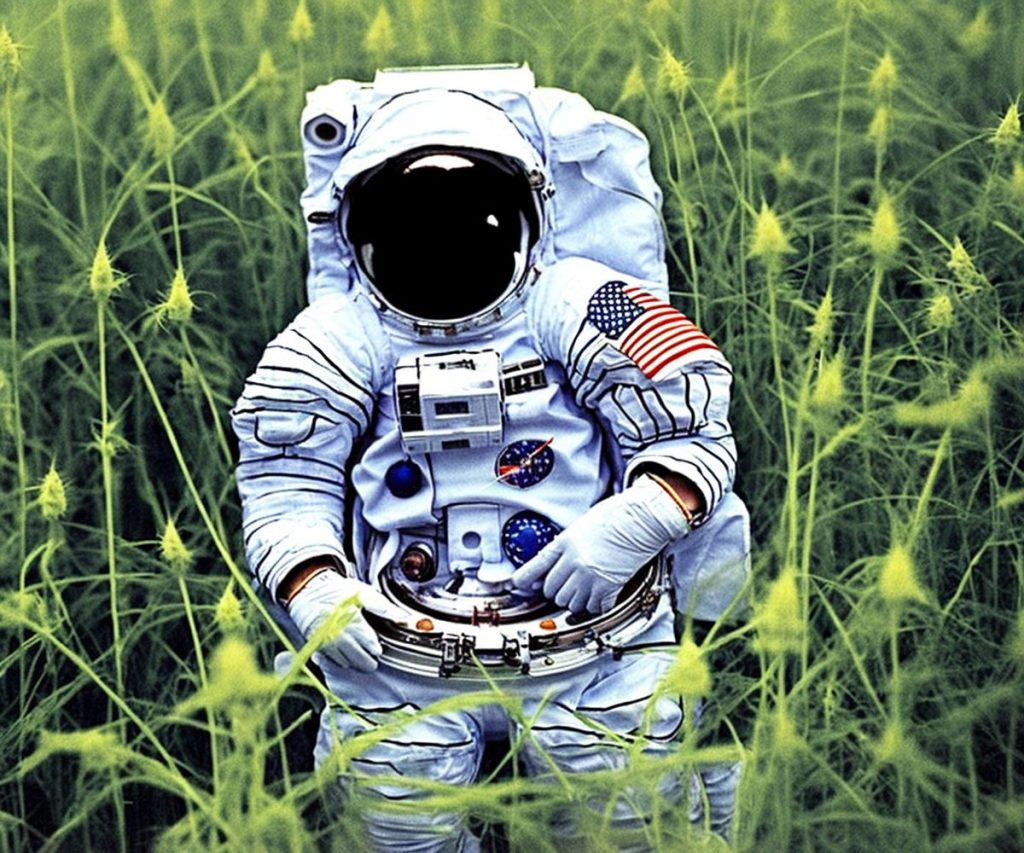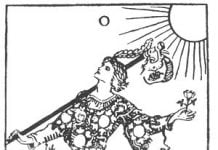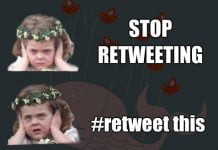Astroweed is artificial negative sentiment is made to appear as though it originated from your opposition. Instead of referring to a new kind of marijuana strain for sale at weed dispensaries it instead has meaning in the realm of political science, marketing and influencing in general. It’s a particularly heinous tactic to employ in a public plenum, because it’s a practice that employs pure disinformation, exploiting and adding to the confusion and ignorance of an audience. Creating and promoting astroweed is particularly effective because most audiences are too immature to expect it to be wielded against them, particularly by those the audience has trust in, those the audience has been habituated to listen to, those the audience is confident in being led by.
The term Astroweed originates from the term AstroTurf
Astroweed is a term that originates from the use of the term astroturf used related to some kind of messaging that is intended to appear as sincerely supportive. Astroturf is positive artificial sentiment while astroweed is negative artificial sentiment. It’s meaningful to examine and treat these two kinds of artificial sentiment tactics separately because of the differences between them in terms of history and the dynamics of how they’re made effective.
AstroTurf was a product created from plastics to replace grass, a synthetic turf material intended to be used in sports and first popularly used in 1966 in the Houston Astrodome. Twenty years later a Democratic Senator from Texas, Lloyd Bentsen, the same dude who said “Senator you’re no Jack Kennedy” when Bush’s VP Quayle compared himself to JFK. Bentsen had received an unusual amount of mail that too blatantly promoted insurance industry interests. It was obvious to him that something duplicitous and misinformative had targeted him, an audience of one, because the effort underestimated his ability to recognize it as artificial. By giving the practice the same name as a popular brand, Bentsen made using the tactic more difficult, because the metaphor was a match the public could quickly recognize, much like a meme, without too much explanation.

Astroweed is fake negative sentiment
Using fake sentiment to promote a product, service, organization or idea is an old concept. The concept of payola radio industry emerged where DJs on radio stations colluded with music promoters to pretend requests from the audience favored certain tracks and artists when there wasn’t such real organic sentiment to that degree. This is a positive type of fake sentiment, a type of astroturf. This same dynamic immediately re-emerged on television and on the Internet where the radio focused laws didn’t apply. Within that kind of opportunity to exploit an audience and broadcast medium there was no dynamic where negative sentiment could be leveraged in a similar way. DJs could simply ignore audience’s sentiment and neglect to play the music that was actually being requested, but it was not a phenomenon similarly discussed or legislated against as was the case with the laws that emerged against payola. People didn’t want to be artificially influenced and have it labeled as organic.
The term “false flag” has become more popular in recent times. A false flag is only one kind of astroturf. A false flag is when a military attack or sabotage is made to appear as if it came from the enemy, for example a boat flying an enemy’s flag, when instead it was performed by allied forces. It’s when one group of your own troops disguised as the enemy attacks another group, ideally in a spectacular manner evident to the public. It’s been an effective way at galvanizing public support against a perceived enemy who hasn’t attacked openly at all. This is one of the easiest types of astroweed to recognize because it involves individuals literally wearing their enemy’s uniforms.
Jussie tried the Astroweed and choked
A celebrity can leverage their influence to make a powerful social statement when it involves some hardship they overcame or injustice they suffered. The Jussie Smollett Incident in 2019 is one of the most well known examples of a celebrity being caught using their acting talents to orchestrate a smear effort against ideological opponents. Smollett claimed that during a late night visit to a Subway he was targeted in a racist manner by “MAGA thugs”. The incident brought negative attention to Smollett when the facts later revealed that there was little likelihood of his claims being genuine, especially when actors he had worked with before claimed he hired them to stage the event.
Actors pretending to be “supporters” of a cause can always act badly and draw negative attention to the cause. An easy way to discredit peaceful protestors is to put on a disguise as one of those supporters and then instigate fights and violence in public. Such extreme measures are sometimes avoided using different means to discredit an effort. For example in 2011, during the Occupy Wallstreet event in New York City, the protestors were using Zucotti Park as their base of operations and literally occupied the park 24/7. The eventual eviction of the protestors from the park were due to health and safety reasons, leveraging the public’s perception of the protestors as “dirty hippies”. Instead of instigating fights among protestors a single astroweed operator infiltrating the Occupy movement could have easily made the City’s claims of unsafe filth easier to accept by everyone, by simply being filthy and spreading extra filth around for a couple days. An astroweed agent doesn’t need to be loud and noisy and obvious. They can simply toss around some poo on the downlow until it adds up into a mountain of shit.
Do you crave the Astroweed?
Astroweed will continue to be an effective tactic to use against audiences because it helps audiences reinforce their biases against what they are in opposition to. Political leaders and influencers are too tempted to make themselves look like victims and paint their opposition as evil by orchestrating astroweed performances. People tolerate being influenced in a positive manner, for example with cheesy testimonial type commercials that obviously aren’t real genuine testimonials, politely excusing their blatancy as artificial. Being misled to feel something positive isn’t horribly insulting in a consumer culture. The situation with astroweed, in terms of how people perceive it, is very different.

People do not like the idea of being misled in a manner that makes them feel negatively. People do not want to believe that the systems they play a part would result in them being misled. This makes leveraging astroweed potentially more effective than leveraging astroturf, simply because people don’t want to believe in it, that it even exists. When you’re one of those people who believes you have enemies, and that your beliefs and way of life make you better than them, you’re not just susceptible to being misled by astroweed, you’re craving a giant bowl of it.












